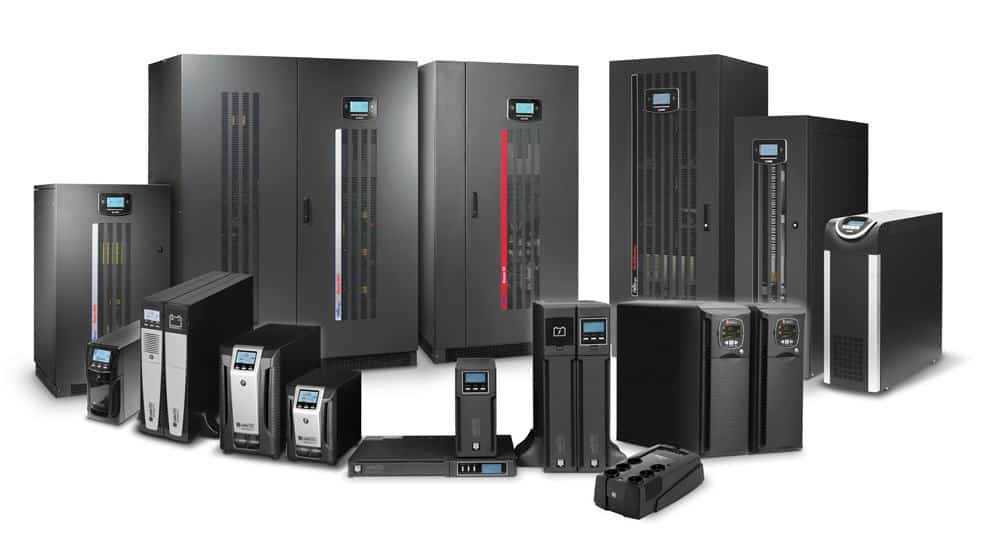Uninterruptible Power Supply (UPS) systems are no longer just emergency backups—they are now integral to energy-efficient, resilient, and smart manufacturing operations. As industrial automation evolves, UPS technologies are helping factories reduce energy waste, protect dynamic loads, and align with broader energy management strategies.
Safeguarding Smart Factories from Power Disruptions
In modern factory automation, sensors, PLCs, DCS platforms, and robotic systems operate in tightly integrated networks. Even a brief power interruption can disrupt predictive maintenance, delay robotic tasks, or halt production entirely.
Therefore, high-efficiency UPS systems—especially those using lithium-ion batteries—are essential. Many models now achieve 95% or better energy conversion efficiency, significantly reducing operational costs and energy waste.
Beyond Backup: UPS as an Energy Optimization Tool
Today’s UPS units offer more than backup power. Transformer-less designs, modular architectures, and ECO operating modes help minimize heat generation and reduce cooling demands.
As a result, manufacturers benefit from lower static energy losses and improved plant-wide performance. These features support sustainability goals while maintaining system stability and uptime.
Supporting Dynamic Industrial Loads with Scalable Protection
Industrial environments often involve dynamic loads such as stamping presses, CNC machines, and heavy motors. Modern UPS systems are designed to handle these fluctuations, offering protection against voltage sags, surges, and overcurrent faults.
Moreover, modular UPS designs allow manufacturers to scale capacity as needed. This flexibility reduces unnecessary energy consumption and supports lean production strategies.
Application Scenarios: Real-World Industrial Use Cases
-
A semiconductor plant uses modular UPS units to maintain uptime during voltage fluctuations, protecting sensitive fabrication equipment.
-
An automotive stamping facility integrates UPS with its DCS to prevent production delays during grid instability.
-
A food processing site deploys IP4X+ UPS systems to ensure uninterrupted operation in humid, high-temperature zones.
These examples demonstrate how UPS systems contribute to both energy efficiency and operational resilience across diverse industrial sectors.

